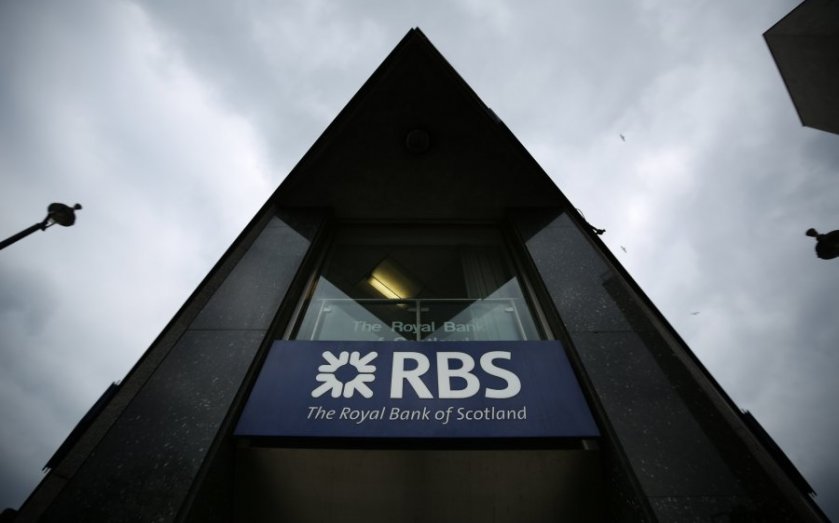
RBS to cut 550 jobs in preparation for robot revolution
By Emma Dunkley for Financial Times,
Royal Bank of Scotland is cutting its face-to-face advice service and slashing 550 jobs in another move to reduce costs, as more customers turn to digital “robo-advisers”.
The state-backed bank is cutting 220 investment advice positions and scaling back its service to only those customers with at least £250,000 to invest — more than double the current £100,000 threshold. RBS is also removing 200 protection advice jobs.
The move soon comes after RBS, which is 73 per cent owned by government, posted its eighth successive net annual loss, dealing a blow to government plans to sell off the bank.
The development follows a key piece of regulation — the Retail Distribution Review — which came into force in 2013, making it uneconomical for banks to offer some advice services to consumers with smaller savings pots.
Most high street banks retreated from delivering advice to the majority of customers as a result of the regulation and after a string of hefty fines for mis-selling.
But the UK’s large high street banks are gearing up to offer “robo-advice”, as a low-cost way to offer investment advice on a large scale to most customers including those with small sums to invest.
Robo-advice would allow customers to go online and answer a number of questions about their financial circumstances. The bank would suggest how much money to invest in certain funds and could then transact on a customers’ behalf in return for a fee.
The move follows in the footsteps of digital sites such as Nutmeg, which provides online wealth management and is expanding into the investment advice market.
However, one key concern is the lack of distinction between investment “guidance” and “advice”. Investment guidance sites have sprung up over the past few years, filling a gap for investors who cannot afford face-to-face advice but who lack the knowledge or confidence to go it alone.
We are scaling back our face-to-face advisers and significantly investing in an online investing platform that enables us to help a new group of customers with as little as £500 to invest
Investors who receive formal investment advice can claim compensation or demand restitution if the advice proved to be unsuitable for their particular circumstances. Those who receive guidance do not have this safety net.
A spokesperson for RBS said: “We want to help as many customers as possible invest their money in the right way for them.
“The demand for face-to-face investment advice is changing. Our customers increasingly want to bank with us using digital technology. As a result, we are scaling back our face-to-face advisers and significantly investing in an online investing platform that enables us to help a new group of customers with as little as £500 to invest.”
With regards to its protection advisers, RBS said the decline in customer demand had prompted its shift to a telephone-based service.
Photo: Getty,
The article first appeared in the Financial Times





